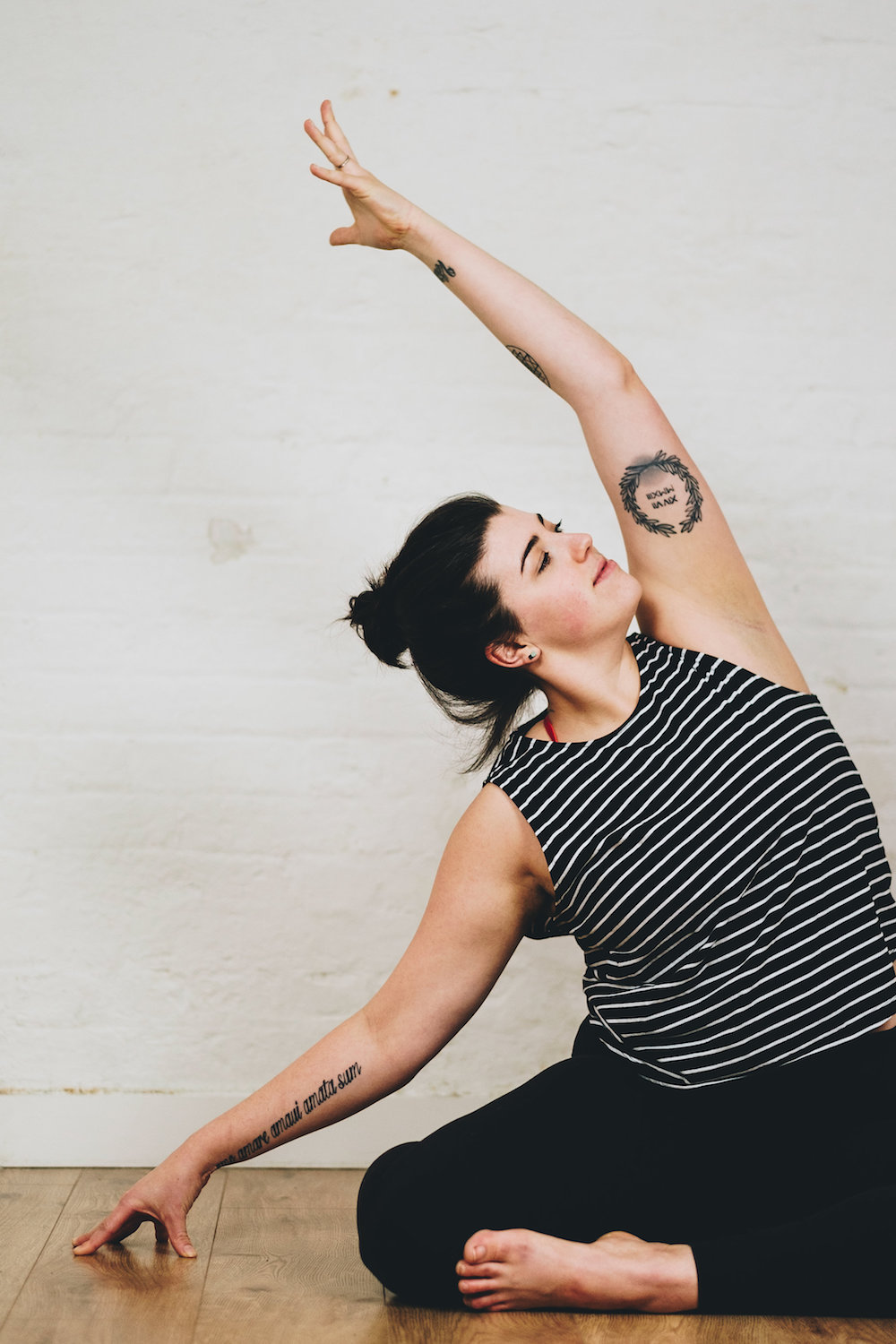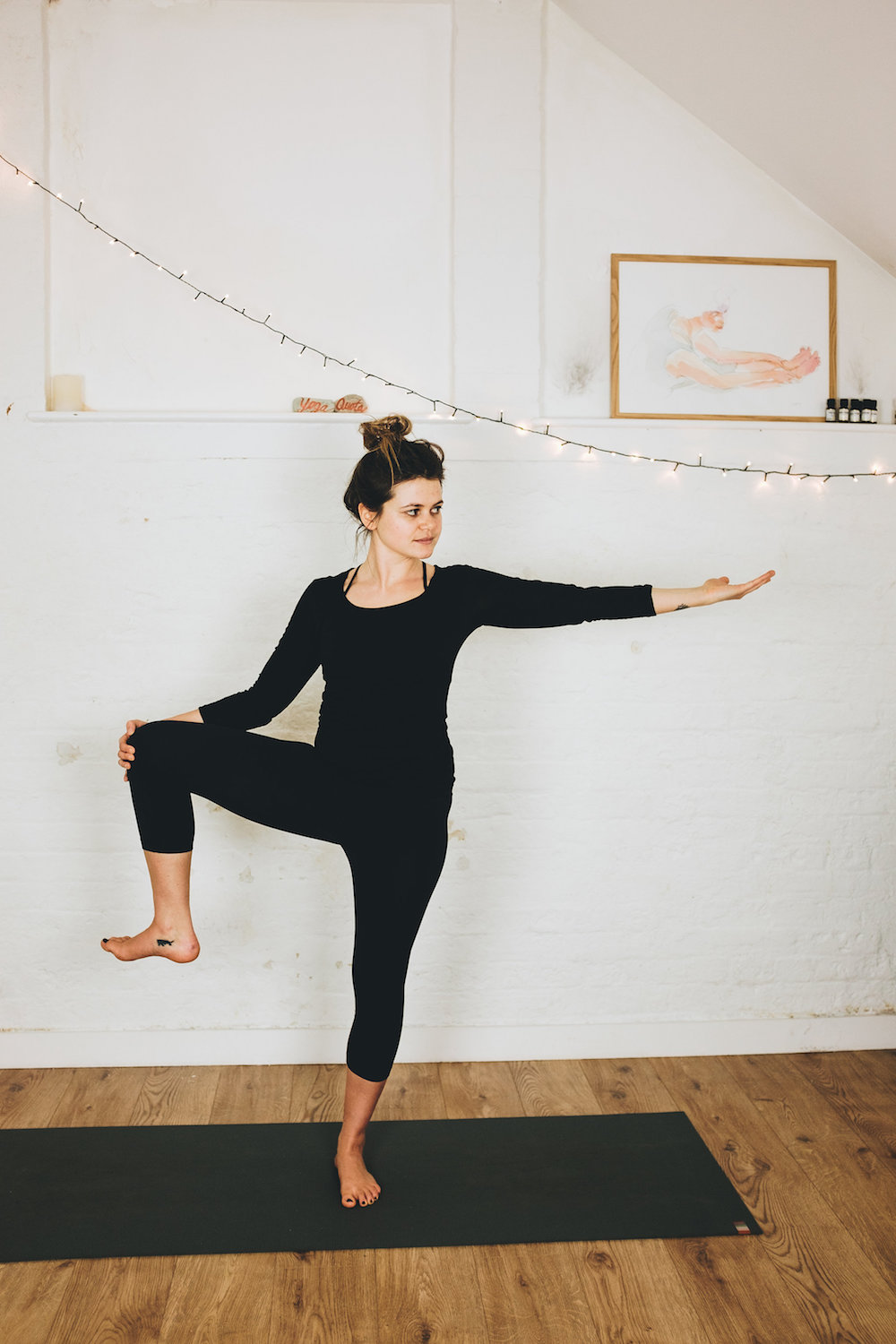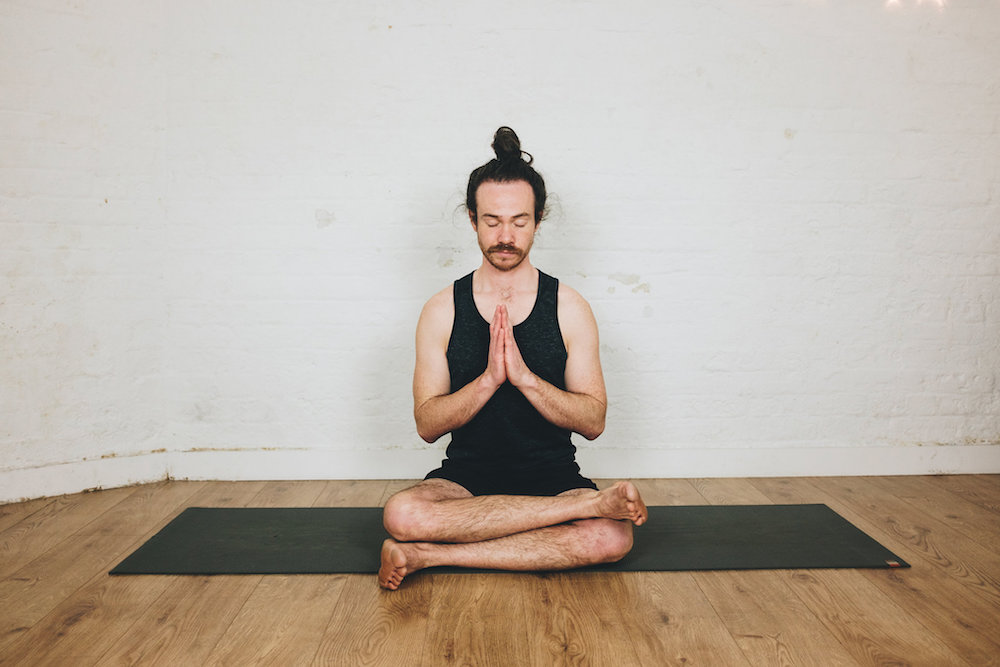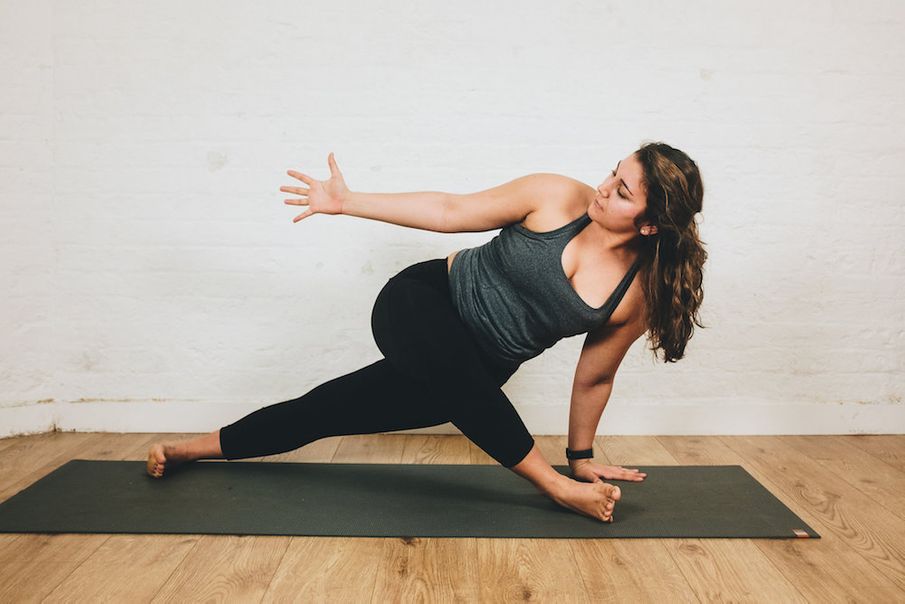So you think yoga is only for the privileged few, those perfect, beautiful people with loads of money to spare? It’s time to think again
If you search #yoga on Instagram, you’ll likely be met with a sea of thin, bendy women contorting themselves into impressive looking poses. You may also see 50 shades of green (juice), 20 variants of avocado on toast, and perhaps a stunning beach backdrop or two.
Of course, for some, this is what the yoga lifestyle looks like. For most of us though, it’s not, and these perfectly crafted images can actually do a disservice to yoga. They give it a taint of inaccessibility – making yoga look like a practice only the privileged can enjoy.
This is something the people at charity Yoga Quota are keen to address. They know the incredible benefits yoga can have, both physically and mentally. They know it can help cultivate self-awareness, headspace and mindfulness. They know the healing quality a supported yoga practice can offer to those in need.

Photography | Elle Narbrook Photography
They also know yoga classes aren’t cheap. This feeds into the accessibility problem simmering beneath the surface of the yoga industry; many of those who would benefit most from the practice simply can’t afford classes.
Yoga Quota was founded in 2014 with a dream of making yoga more accessible to vulnerable groups. To make this happen, it started partnering up with charities, holding one free class for every 50 people who pay for a yoga class through Yoga Quota.
Based in Oxford, its network extends throughout the UK. Yoga teacher badgeholders across the country are committed to teaching four free charity classes each year (they can access
Harriet, tell us about your personal journey with yoga!
I’ve been practising yoga since I was an uncoordinated 13-year-old. I had done lots of dance, gymnastics and martial arts as a kid, but wouldn’t have described myself as physical or athletic. Yoga really appealed to me because it’s non-competitive, and I wasn’t comparing myself to anyone else.
I got really serious about yoga though when I was dealing with the stress of university. During my Masters I was practising every day, and I had this profound realisation that I just wasn’t stressed. I felt calm and capable – it was surreal! I knew that I wanted to help others create space for calm and happiness in their lives, too.
And how did you discover Yoga Quota?
I’m originally from Brisbane, Australia, and Yoga Quota became my instant community when I first moved to Oxford in November 2015. Our community is like no other – I felt instantly welcome and accepted. At the time we moved I was recovering from a shoulder injury, which meant I was taking a break from teaching. When I was eventually ready to teach again, it was an easy decision to do so for YQ.
Can you tell us about the people who come to Yoga Quota’s free classes?
We work with such an amazing and diverse group of charities. They’re based all around the UK, and support people with mental health conditions, cancer, homelessness, survivors of domestic and sexual violence, refugees and vulnerable migrants, people recovering from addiction, young people with disabilities – the list goes on.
Our charity clients come from all walks of life, and the feedback we get from our teachers consistently tells us that our charity classes are their favourite to teach! We’re always looking to build relationships with new charity partners – yoga is such a fantastic way to support people and nourish communities, and we want to make it as accessible as possible.

Photography | Elle Narbrook Photography
What is it about yoga that you think is so beneficial?
I truly believe that there is a yoga practice to suit every body – the benefits aren’t limited to spaghetti-noodle yogis who can tie themselves in knots. The personal nature of yoga is part of what makes it so beneficial. It’s time that you’re dedicating to get to know yourself, to help you understand what’s going on with your body, and eventually your mind as well.
Thankfully, science is starting to catch up with yoga, and there are oodles of studies demonstrating the positive physiological and psychological benefits.
What is it that holds some of us back from trying yoga?
I think fear is a big reason people hold themselves back: fear that they’re not “flexible enough” (saying you’re too inflexible for yoga is like saying you’re too dirty to take a shower); fear that they’re going to be the only one in the room not doing a perfect split (I can’t do a split!); fear of doing something new; fear of failure (you can’t fail at yoga, I promise).
I wish more people felt that yoga was something accessible to them, that the culture of modern yoga was more inclusive.
Do you think there’s more the yoga industry (and wellness industry in general) can do to be more inclusive?
Oh boy, 1,000%! This is a conversation that I have on a nearly daily basis: with my teachers, students, teacher trainees, and charities. Not only is yoga almost prohibitively expensive for most people, there’s also a perception that you need to look a certain way, wear certain clothes, use a certain yoga mat, have a certain snack afterwards, and that it should all be documented on Instagram.
There’s absolutely nothing wrong with this in itself, but when it prevents someone from thinking that yoga could be for them, I get really frustrated. I want to see the yoga and wellness industry celebrating diversity, difference and the experiences of everybody.
How do you think we can all help make this happen?
Yoga Quota achieves this through education and outreach: by breaking down some of the smoke and mirrors that have been built up around modern yoga. By showing that there are options for everyone, there’s no “right way” to practice, and that there are teachers who celebrate uniqueness. Our free charity classes, our blog, the culture we create at our studio, and also our amazing trainee teachers are all facets of how we make yoga more inclusive and accessible.

Photography | Elle Narbrook Photography
What impact has Yoga Quota had so far?
In 2016, we taught 172 charity classes, and in 2017 that number more than doubled to 389. In 2018 I’m hopeful that we’ll break 500 charity classes, which would be an amazing achievement! We have more than 95 teachers signed up as badgeholders, each has committed to teach charity classes in their local area.
As someone who knows and loves what yoga has to offer, it’s incredibly refreshing to see the work Yoga Quota is doing to make it more accessible. Just following the organisation on social media shows its commitment – from diverse body types in its imagery, to blogs explaining how to make certain yoga positions more accessible.
We’re excited to see what Yoga Quota will achieve in the years to come. We’re also hopeful the effect it is having will ripple through the rest of the industry, helping more of us see the benefits yoga has to offer, regardless of our background or body type.
Visit yogaquota.com to find out more about the charity’s work, or to get involved yourself!


Comments